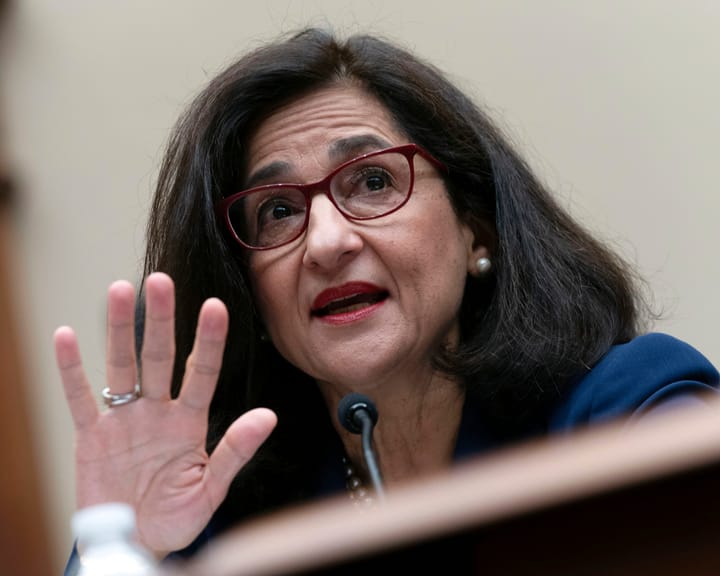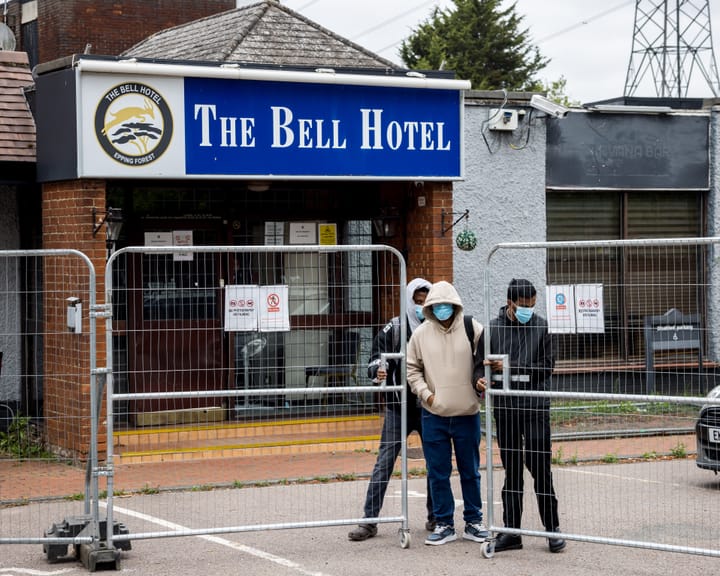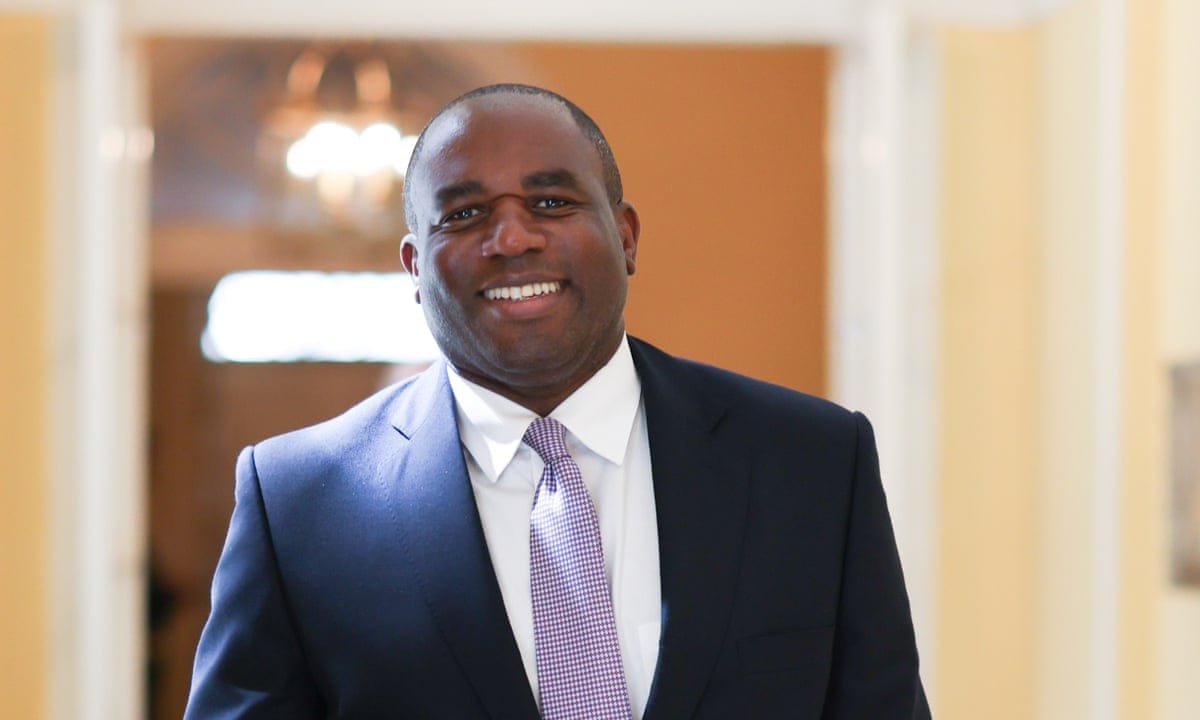Britain is urged by Foreign Secretary David Lammy to reestablish ties with the global community amidst significant international challenges. As Britain embarks on major policy shifts concerning climate change and its relationships with Europe, as well as engaging more deeply with the global south, Lammy emphasizes the need for a renewed approach during an interview with The Guardian prior to his inaugural international trip.
Lammy has assumed one of the four principal offices of state amidst challenges ranging from wars to climate change inaction. "The world is dangerously divided," he states, expressing enthusiasm for Britain's role as a global partner. Lammy acknowledges an era focused on internal concerns and aims to shift attention outward: "It's time for Britain to reconnect with the rest of the world."
European relations are paramount in this endeavor, marking his first international excursion to Germany, Poland, and Sweden. Subsequently, he will attend a Nato summit in Washington D.e.C., alongside Prime Minister Keir Starmer. Lammy emphasizes collaboration with European nations: "These countries remain our friends."
Areas of shared interest include energy, climate change, security, especially given ongoing military operations within Europe and the potential for a second Trump administration term in the U.S. He plans to engage European allies at an upcoming EPC summit. Lammy also seeks partnerships with nations in the global south, advocating for trade and diplomatic relations that will ensure Britain's presence on the world stage.
Lammy addresses the situation in Gaza following his party's manifesto commitment to state recognition within a peace process but without specific timelines. He calls for an immediate ceasefire through diplomatic efforts, stressing the importance of humanitarian aid access: "The fighting must stop and aid must reach those affected."
Lammy also recognizes the necessity of broader diplomacy beyond traditional allies like the U.S., acknowledging emerging global powers such as China and India. He stresses the value of engaging with countries that have significant populations or influence, such as Indonesia in Southeast Asia, to foster stronger bilateral relations.
He anticipates a competitive international environment and highlights the importance of adapting trade policies accordingly, not only for Britain but also for other influential nations. Lammy's approach emphasizes attentiveness rather than mere rhetoric, illustrated by his recent outreach to Caribbean leaders amidst Hurricane Beryl crisis.
Accepting the role as Foreign Secretary, Lammy acknowledges it represents a peak in his political career and carries substantial responsibility: "It's an incredible honor that I am not seeking higher office." He recognizes the historical significance of the position within Britain but also envisions a future where Britain actively shapes global affairs.
Read next

"Starmer appoints ex-Bank deputy governor as top economic advisor"
Minouche Shafik to Become Keir Starmer’s Chief Economic Adviser
Former Bank of England deputy governor Minouche Shafik is expected to join Keir Starmer’s team as his chief economic adviser.
Her appointment comes as the prime minister’s office prepares for the autumn budget, following Shafik’s recent leadership

"Home Office wins appeal allowing asylum seekers to stay at Epping hotel"
The appeals court has determined that the injunction issued by the high court should not have been approved.
Those involved acknowledge they have become part of a broader discussion about how asylum seekers are managed and urge the public to recognize that the Bell hotel was only fulfilling a government-mandated

"Scottish Greens' new leaders push for universal income and free bus fares"
Scottish Greens' new leaders, Ross Greer and Gillian Mackay, have pledged to advocate for a universal income, free bus travel, and increased taxes on high earners following a subdued leadership race.
Greer and Mackay, previously backbench MSPs at Holyrood, were elected co-conveners of the Scottish Greens with a notably

